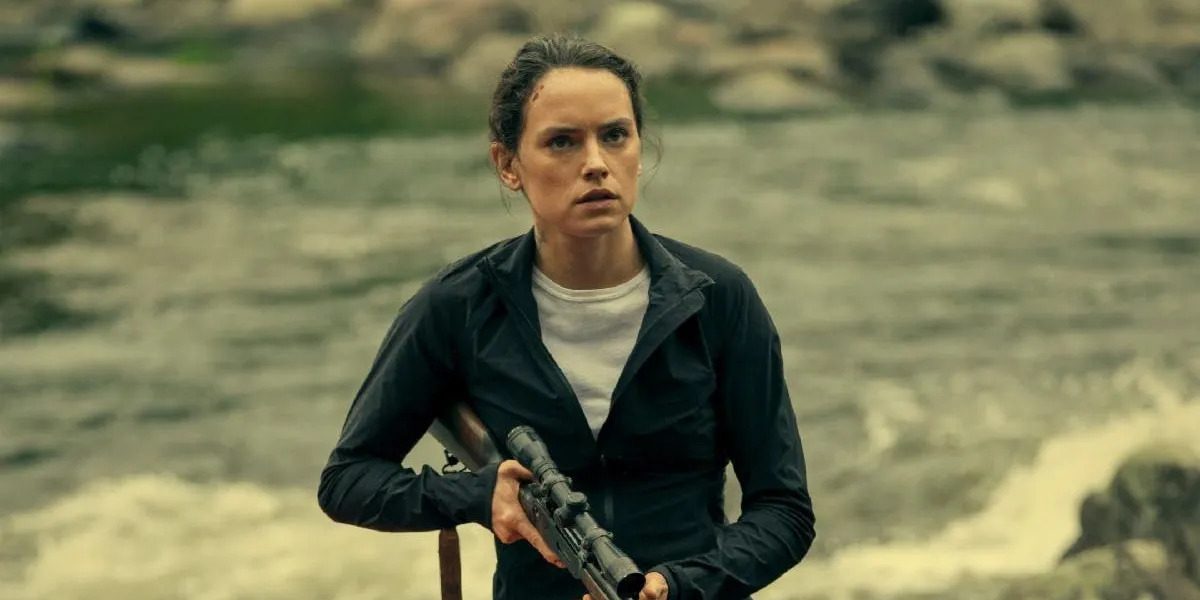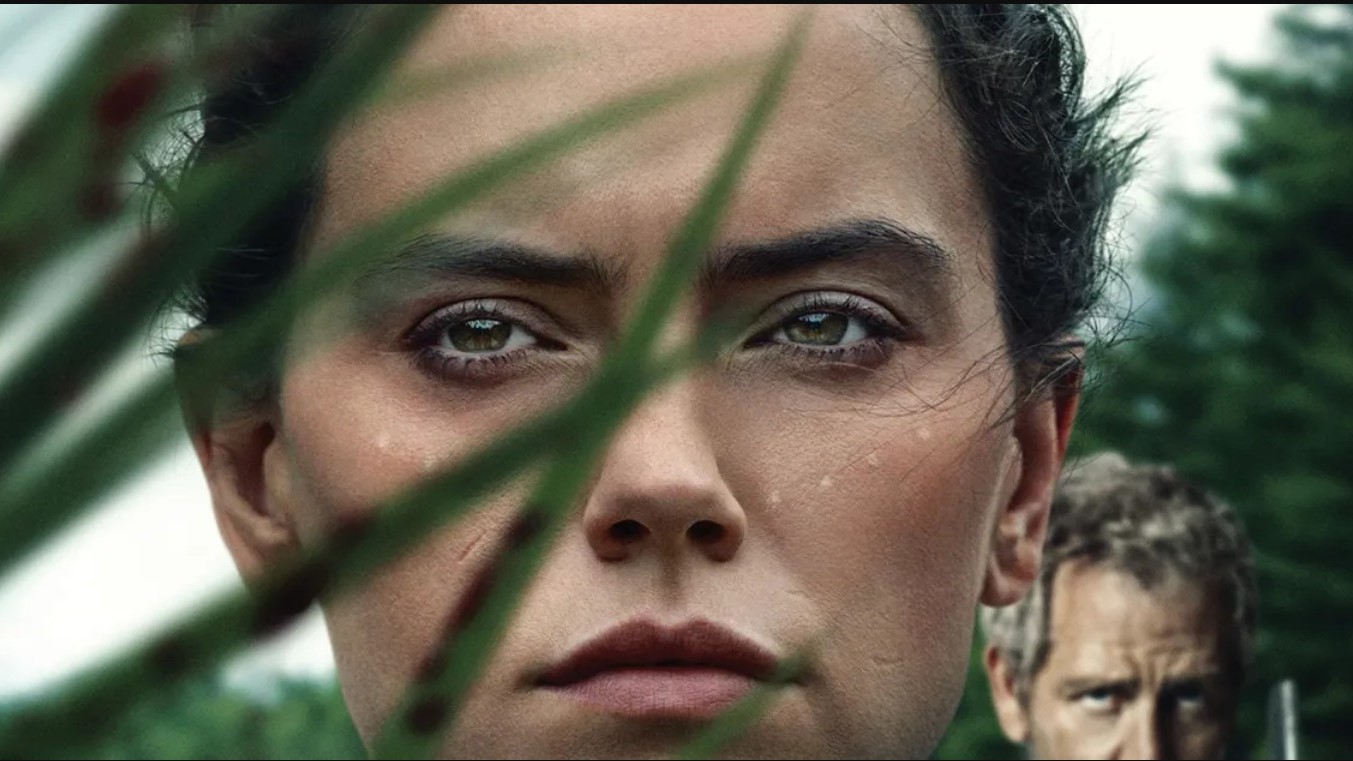From the director of ‘Limitless’ and ‘Divergent’ comes ‘The Marsh King’s Daughter,’ an intriguing thriller movie set in the deep forests of the Upper Peninsula in Michigan. Helena (Daisy Ridley) grew up in the wilderness, but not as the child of a hippie family, instead born of an abducted mother. Her father, the “Marsh King,” was an expert survivalist who taught her to thrive in the wilderness. Eventually, she learns about the outside world and escapes.
Helena’s father is arrested, and she is able to start a new life in civilization and even create a family of her own. Her idyllic life is brought to a screeching halt when she learns about her father’s escape from prison. He is going to come for her and her daughters and she is the only one who can face him in the marshy wilderness. Given the setting and captivating plot, one wonders, has this ever happened? Is this movie based on a true story?
The Marsh King’s Daughter’s Origin Story
‘The Marsh King’s Daughter’ is a screen adaptation of Karen Dionne’s 2017 novel of the identical title. Screenwriters Elle Smith and Mark L. Smith, who happen to be a father-daughter team themselves, translated the compelling tale of the father-daughter relationship from the book’s pages to the screen. Talking about how the film came to be, director Neil Burger said, “I’d been looking to make a film set in nature. And in this movie, nature and the wilderness are a big part of the story. It is a sort of its own character in the movie. The script was great and it came to me in the middle of COVID. And it seemed like the perfect movie to make during COVID — to get out into the wilderness, into the fresh air, and make a movie that way.”

Dionne shared in an interview that the inspiration for her book came to her while she was sketching the backstory of another character for a different book. She found herself particularly moved by the experiences recounted in Jaycee Dugard’s books. Dugard was kidnapped by Phillip Garrido at the age of 11 and held captive for years. She was abused and assaulted for many years and eventually gave birth to two daughters before being freed in 2009. Dionne was struck by Dugard’s resilience and strength, which sparked her interest in exploring the story of a child growing up in similar circumstances. This fascination led to the creation of the character Helena.
Karen Dionne’s personal experiences also influenced the narrative of her book. In the 1970s, she and her husband embarked on a homesteading adventure in the wilderness of Michigan’s peninsula. With their oldest daughter just six weeks old, they lived in tents, fetched water from streams, and were completely isolated from civilization. Scenes like Helena traversing the frozen marsh in winter were drawn from Dionne’s own experiences during that time. Eventually, considerations such as her daughter’s education and her husband’s job led the family to reintegrate into society.
Dionne revealed the origin of the book’s title, which stemmed from her contemplation of Helena’s character. As a child, Helena had little regard for her mother, not fully comprehending the gravity of her kidnapping. She reasoned that her father needed a wife somehow, leading her to dismiss the situation.
However, as Helena matures, she gains a deeper understanding of her mother’s plight, recalling moments of maternal care and bonding, particularly through storytelling. It was during this reflection that Dionne stumbled upon Hans Christian Andersen’s fairy tale ‘The Marsh King’s Daughter,’ which resonated with the theme of an evil father. Drawing inspiration from Andersen’s tale, Dionne aptly titled her book, and consequently, the movie adaptation was also named the same.
Given the gripping nature of the book, a lot of the thrill and tension has been infused by how the film has been shot as well. Burger talked about these techniques in an interview and said, “When you have a script where there is a sense of suspense, tension, fear, and anxiety, how do you translate that into visual forms? Do you do it with a series of short and small close-ups that have a succession and kind of an unnerving feel to them? There is also something interesting about having a very long shot that just builds tension over it. Or, you put those two different kinds of shooting (shots) together and create some kind of energy that has a sense of fear or suspense. As a director, that’s the main question. How do you convey that? And that’s what I was working on all the time.”
While ‘The Marsh King’s Daughter’ is not directly based on any singular real-life event, it incorporates subtle nuances and elements of realism gleaned from the collective experiences of those involved in shaping the story over the years. These details lend authenticity to the narrative, anchoring it firmly in reality despite its fictional premise. Through the collaborative efforts of the writers, filmmakers, and the source material’s author, the film successfully captures the essence of the human experience, making it relatable to audiences.
Read More: Best Thriller Movies of All Time


You must be logged in to post a comment.